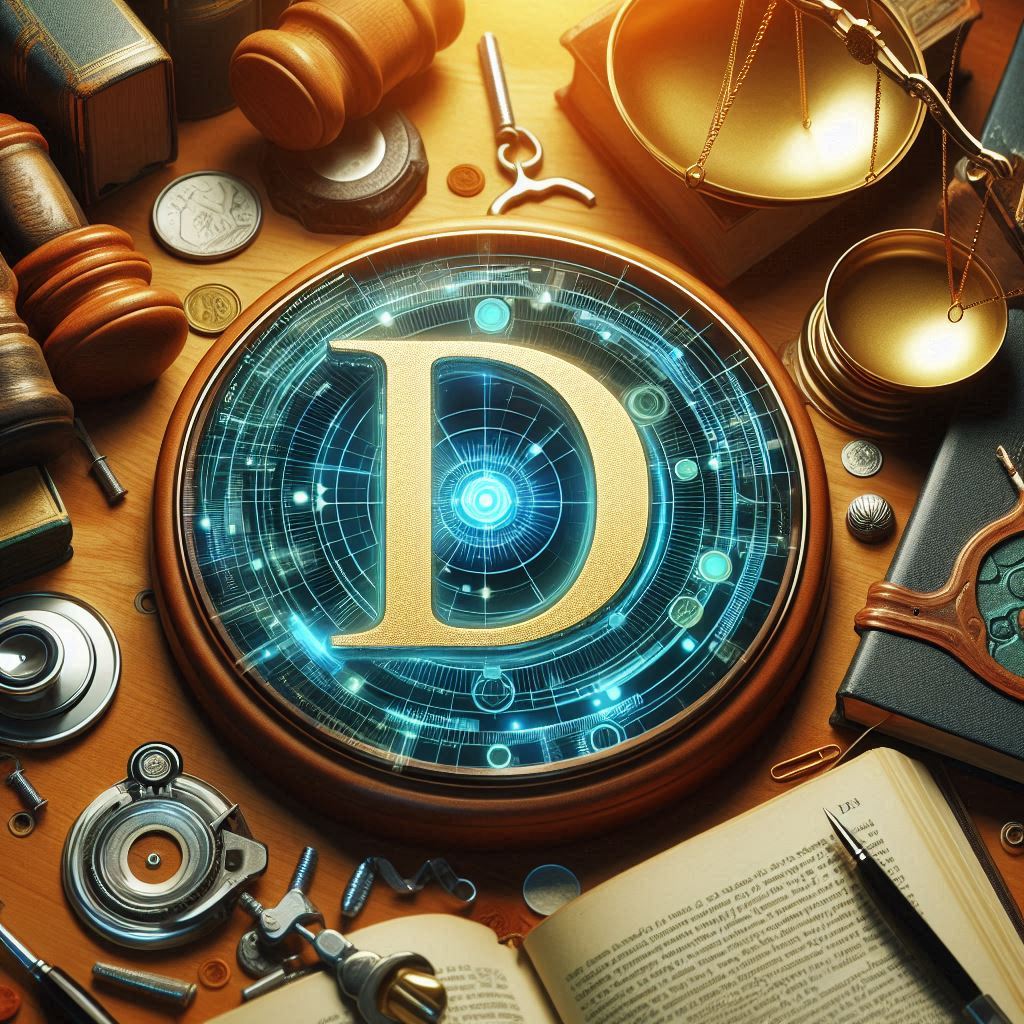Unraveling Intellectual Property: Exploring its Complexities
Intellectual property (IP) is a multifaceted and ever-evolving field that encompasses a wide range of creative and innovative endeavors. From inventions and artistic works to brand identities and trade secrets, IP forms the bedrock of our modern society. In this article, we will embark on a journey to unravel the complexities of intellectual property, shedding light on its various facets and exploring its significance in today’s world.
The Essence of Intellectual Property
At its core, intellectual property refers to intangible creations of the human mind that possess value and deserve legal protection. This expansive domain encompasses various forms of creative expression and innovation, including patents, copyrights, trademarks, trade secrets, and industrial designs. Intellectual property rights grant exclusive control over these intangible assets, allowing creators and innovators to benefit from their work and prevent unauthorized use or exploitation.
Patents: Protecting Inventions
Patents serve as the cornerstone of technological progress and innovation. They grant inventors exclusive rights over their novel and non-obvious inventions for a limited period. Patents provide a strong incentive for inventors to disclose their creations to the public while ensuring they can reap the rewards of their ingenuity. However, navigating the complex patent system, conducting thorough prior art searches, and drafting comprehensive patent applications require expertise and often the assistance of specialized IP professionals.
Copyrights: Preserving Artistic Expression
Copyrights primarily protect original works of authorship, including literary, artistic, musical, and dramatic creations. From novels and paintings to songs and movies, copyrights safeguard the rights of creators and enable them to control the reproduction, distribution, and public performance of their works. In today’s digital age, copyright issues have become increasingly complex, with debates surrounding fair use, digital piracy, and the balance between creator rights and public access to information.
Trademarks: Branding and Distinctive Identity
Trademarks represent the visual or verbal symbols that distinguish goods or services of one entity from another. They form the building blocks of branding, fostering consumer trust, and loyalty. From iconic logos to catchy slogans, trademarks play a vital role in establishing and protecting a company’s identity. However, the global nature of commerce and the rise of the digital marketplace present challenges in trademark enforcement, necessitating international trademark registration and the expertise of IP lawyers to navigate this intricate landscape.
Trade Secrets: Safeguarding Confidential Information
Trade secrets encompass confidential business information that provides a competitive advantage. They can include formulas, manufacturing processes, customer lists, and proprietary algorithms, among others. Unlike patents or copyrights, trade secrets rely on maintaining secrecy. Implementing robust internal controls, non-disclosure agreements, and trade secret protection strategies are critical to preserving the value of these intangible assets.
Industrial Designs: Aesthetic and Functional Innovations
Industrial designs protect the visual appearance of a product or object, combining aesthetics and functionality. They cover everything from furniture and automobiles to consumer electronics and fashion accessories. Industrial designs contribute to product differentiation and consumer appeal, and their protection helps prevent unauthorized copying or imitation.
Conclusion
Intellectual property is a rich and complex domain that encompasses a vast array of human creativity and innovation. From patents and copyrights to trademarks, trade secrets, and industrial designs, IP rights are instrumental in driving progress, protecting creators’ interests, and fostering economic growth. Navigating the intricacies of intellectual property requires a deep understanding of the legal framework, coupled with the expertise of IP professionals such as lawyers, patent agents, and trademark specialists. By unraveling the complexities of intellectual property and appreciating its significance, we can create an environment that encourages and rewards innovation while respecting the rights of creators and inventors in our rapidly evolving world.
IMPORTANT NOTICE: Even though this article discusses general legal topics, it does not mean to give any specific legal advice to any particular legal issue and information provided may not be accurate in your country, in your case or may not be up-to-date. If you are looking for a legal advice for your specific case, we advice you to seek advice from a certified attorney-at-law. Feel free to contact us anytime as we are always available to help you with your particular case.







